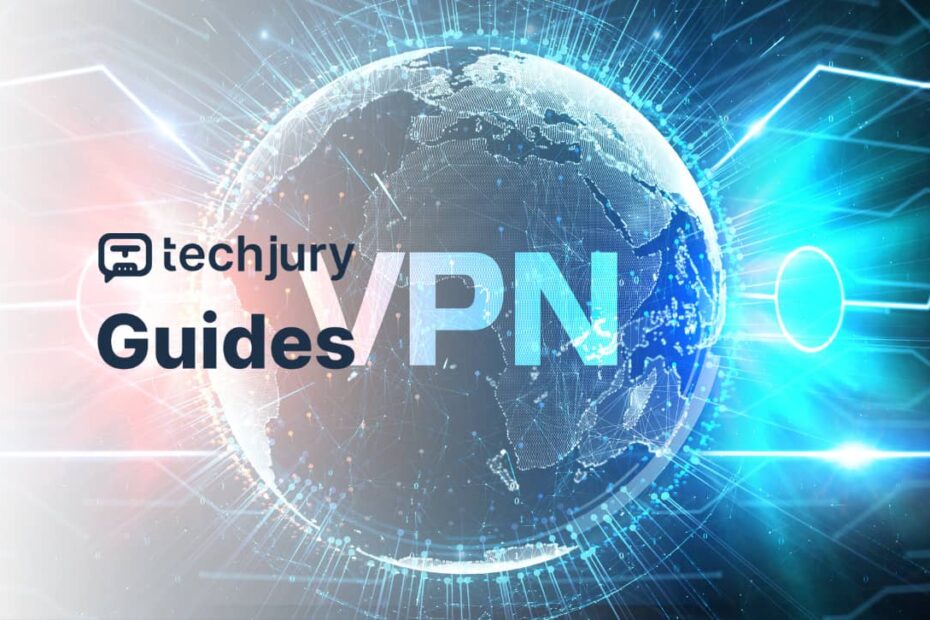Understanding VPN Technology: More Than Just Digital Camouflage
In our hyperconnected digital ecosystem, virtual private networks (VPNs) represent far more than simple online privacy tools. They are sophisticated technological frameworks that fundamentally reshape how we interact with digital infrastructures, protect sensitive information, and navigate increasingly complex global networks.
The Evolution of Digital Privacy Protection
Virtual private networks emerged from complex technological necessities, initially developed by large corporations seeking secure remote communication channels. What began as enterprise-level security solutions have transformed into essential personal digital protection mechanisms accessible to anyone with an internet connection.
Technical Architecture: Decoding VPN Mechanics
Modern VPN technologies operate through intricate encryption protocols that create secure, encrypted tunnels between user devices and remote servers. This process involves multiple sophisticated technological layers designed to obfuscate digital identities and protect data transmission.
Encryption Protocols: The Digital Fortress
When you connect through a VPN, your data undergoes a remarkable transformation. Standard internet traffic becomes encrypted data packets, rendering potential interceptors unable to decode or understand the transmitted information. Think of this process like sending a sealed diplomatic pouch through multiple international checkpoints – each layer adds another level of protection.
Key Encryption Mechanisms
Contemporary VPN technologies leverage advanced cryptographic techniques including:
- AES-256 Encryption: Military-grade protection mechanism
- OpenVPN Protocols: Highly adaptable security frameworks
- WireGuard: Next-generation lightweight encryption system
Performance Metrics: Understanding VPN Effectiveness
Data analysis professionals recognize that VPN performance extends beyond simple privacy protection. We evaluate these systems through comprehensive metrics that assess speed, reliability, security, and overall digital experience.
Speed and Latency Considerations
Contrary to popular misconceptions, modern VPN technologies can actually enhance internet performance under specific conditions. By routing traffic through optimized servers and bypassing potential network congestion points, VPNs can potentially improve connection stability and reduce latency.
Global Privacy Landscape: Regulatory Perspectives
Different global regions approach digital privacy with varying regulatory frameworks. Understanding these nuanced perspectives becomes crucial for users seeking comprehensive digital protection strategies.
Regional Privacy Regulations
- European Union: Stringent GDPR compliance requirements
- United States: Fragmented state-level privacy legislation
- Asia-Pacific: Emerging digital protection frameworks
- Middle East: Restrictive internet governance models
Economic Impact of VPN Technologies
The global VPN market represents a fascinating intersection of technological innovation and economic opportunity. Projected to reach \$107.06 billion by 2027, this sector demonstrates remarkable growth potential driven by increasing digital privacy concerns.
Market Segmentation Insights
Different user segments drive VPN technology adoption:
- Corporate security infrastructure
- Individual privacy protection
- Geographical content access
- Digital freedom in restricted regions
Advanced Use Cases: Beyond Basic Privacy
While fundamental privacy protection remains a core VPN function, modern implementations offer sophisticated capabilities that extend far beyond traditional expectations.
Professionals utilize VPNs for:
- Secure remote work environments
- International market research
- Bypassing geographical content restrictions
- Protecting sensitive communication channels
Technological Challenges and Future Developments
As digital ecosystems become increasingly complex, VPN technologies must continuously evolve to address emerging security challenges.
Emerging Technological Frontiers
Future VPN developments will likely incorporate:
- Artificial intelligence-driven threat detection
- Quantum encryption mechanisms
- Blockchain-based authentication systems
- Machine learning adaptive security protocols
Practical Implementation Strategies
For individuals and organizations seeking robust digital protection, strategic VPN implementation requires thoughtful consideration and ongoing evaluation.
Selection Criteria for VPN Solutions
When choosing a VPN, consider:
- Robust encryption standards
- Server network diversity
- No-logging policies
- Performance consistency
- Transparent privacy practices
Virtual private networks represent more than technological tools – they are essential frameworks for maintaining digital autonomy in an increasingly interconnected world. By understanding their complex mechanics, users can transform potential vulnerabilities into strategic advantages.
The future of digital privacy isn‘t about hiding; it‘s about intelligently managing our digital footprints with precision, knowledge, and strategic foresight.
